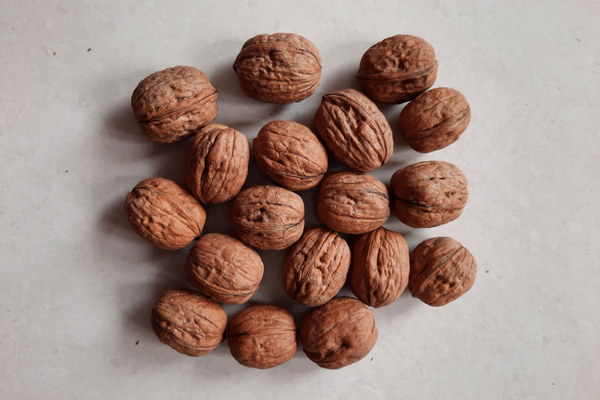What are LungNourishing Medicines A Comprehensive Guide to Herbal Remedies and Their Benefits
In the realm of traditional medicine and complementary therapies, lung-nourishing medicines have long been sought after for their potential to support respiratory health. But what exactly are these medicines, and how do they work? This article delves into the world of lung-nourishing remedies, exploring the types of medications commonly used, their ingredients, and the benefits they offer.
Understanding Lung-Nourishing Medicines
Lung-nourishing medicines, also known as lung tonics, are designed to strengthen and support the respiratory system. These remedies are often used in traditional Chinese medicine (TCM) and other complementary healthcare systems to address respiratory conditions such as bronchitis, asthma, and chronic obstructive pulmonary disease (COPD).
Types of Lung-Nourishing Medicines
1. Herbal Teas and Extracts: Many lung-nourishing remedies come in the form of herbal teas or extracts. These teas are made from a blend of natural herbs that are believed to have therapeutic properties for the lungs.
- Elderberry (Sambucus nigra): Elderberry is known for its immune-boosting properties and is often used to prevent and treat respiratory infections.
- Licorice Root (Glycyrrhiza uralensis): Licorice root has been used to soothe the throat and lungs, and it may help reduce inflammation.
- Eleuthero (Eleutherococcus senticosus): This adaptogenic herb is believed to enhance the body's resistance to stress and improve overall lung function.
2. Dried Herbs: Some lung-nourishing medicines are available as dried herbs that can be infused in boiling water to create a tea.
- Schisandra (Schisandra chinensis): Schisandra is known for its ability to strengthen the respiratory system and boost immunity.
- Peony (Paeonia lactiflora): Peony roots are used to support lung health and may help alleviate cough and wheezing.
3. Supplements: There are also various lung-nourishing supplements available, often containing a combination of herbs and other natural ingredients.
- Mushroom Complexes: Reishi (Ganoderma lucidum) and Cordyceps (Cordyceps sinensis) are two mushrooms that are commonly used in lung tonics for their potential to improve respiratory health and boost energy levels.
- Vitamin D: Vitamin D is often included in lung-nourishing supplements as it plays a crucial role in immune function and respiratory health.
Benefits of Lung-Nourishing Medicines
The benefits of lung-nourishing medicines can be quite diverse, and they may include:
- Reducing Inflammation: Many lung-nourishing herbs have anti-inflammatory properties that can help reduce inflammation in the respiratory tract.
- Improving Immune Function: By supporting the immune system, lung-nourishing medicines may help prevent and fight off respiratory infections.
- Relieving Symptoms: These remedies can help alleviate symptoms such as cough, wheezing, and shortness of breath.
- Promoting Lung Health: Over time, lung-nourishing medicines may contribute to the overall health and strength of the respiratory system.
How to Use Lung-Nourishing Medicines
When using lung-nourishing medicines, it's important to follow the instructions provided by the manufacturer or healthcare provider. Here are some general guidelines:

- Start with a Low Dose: Begin with a lower dose and gradually increase as needed.
- Consistency is Key: For the best results, take the medicine consistently as directed.
- Monitor for Side Effects: Pay attention to any adverse reactions and consult a healthcare provider if necessary.
Conclusion
Lung-nourishing medicines offer a natural approach to supporting respiratory health. While these remedies can be beneficial, it's always advisable to consult with a healthcare professional before starting any new treatment, especially if you have underlying health conditions or are taking other medications. With the right approach, lung-nourishing medicines may help you breathe easier and enjoy a healthier respiratory system.









